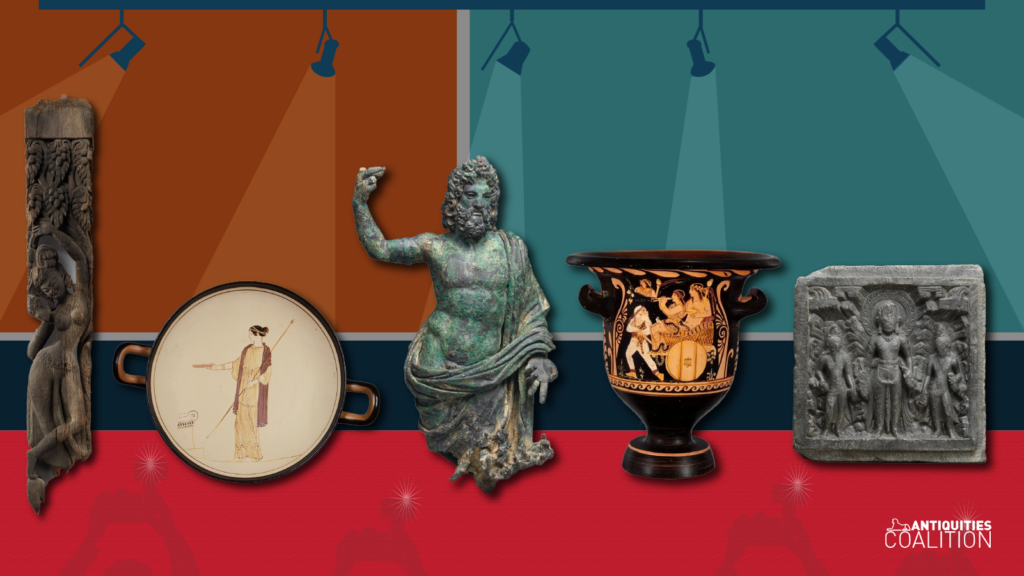For centuries, civilizations have undertaken efforts to protect and preserve their cultural heritage as enemies have sought to strip it from them. The illicit trade in art and antiquities continues today—and law enforcement and government agencies are struggling to keep up as corruption runs rampant.
The Antiquities Coalition is thrilled to announce that it has joined the UNCAC Coalition, a leading anti-corruption network. This global coalition includes over 350 civil society organizations (CSOs) in over 100 countries committed to promoting the ramification, implementation, and monitoring of the UN Convention against Corruption (UNCAC). UNCAC Coalition members work in anti-corruption, human rights, labor rights, governance, economic development, environment, and private sector accountability.
Anti-corruption organizations play an important role in ending cultural racketeering to protect ethical collectors and consumers. Being part of this network will allow the Antiquities Coalition to collaborate with like-minded organizations that can effectively push for anti-corruption legislation and the inclusion of antiquities trafficking in the UNCAC framework.
The Antiquities Coalition continues to advocate for international governments to close loopholes in the art market regulation that allows for corruption and other financial crimes and looks forward to collaborating with the UNCAC Coalition to achieve these goals.







 Last night, as glittering celebrities attended the annual Met Gala dressed in couture, the AC was spotlighting some of the contested objects that have been seized and repatriated from the collection of America’s largest art collection in looks vs. loot.
Last night, as glittering celebrities attended the annual Met Gala dressed in couture, the AC was spotlighting some of the contested objects that have been seized and repatriated from the collection of America’s largest art collection in looks vs. loot.